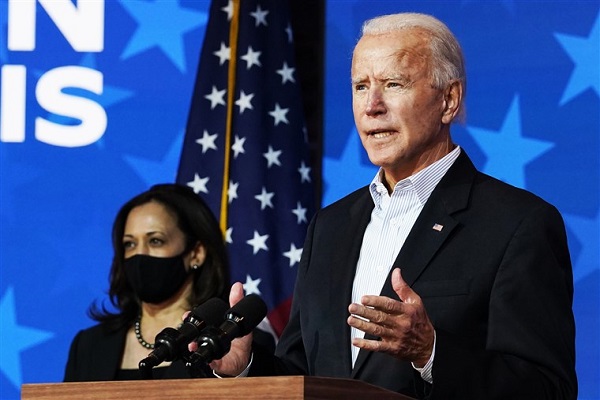This post has already been read 995 times!
The US Justice Department moved Friday to tighten firearms regulations and close loopholes that have allowed the rapid proliferation of untraceable, home-assembled “ghost guns.”
The department said that from 2016 to 2020 it had recovered more than 23,000 firearms that did not display serial numbers, usually made from core parts and kits bought online, sometimes with components made on home 3-D printers.
The department said ghost guns were linked to at least 325 murders or attempted murders in that period.
Some manufacturers have exploited loopholes to sell to home-assemblers the hardest-to-make gun components, the upper and lower receivers, without engraved serial numbers — making the guns impossible for law enforcement to track.
Kits for the firearms are also being sold at gun shows without requiring background checks for buyers.
The administration of President Joe Biden unveiled a raft of measures in April aimed at curbing rampant US gun violence, including plans for curbs on ghost guns.
The Justice Department said it was proposing to force manufacturers to put a serial number on the gun frames and receivers that they make and sell separately as parts.
It also proposed that all retailers should have to perform background checks on buyers of kits with parts needed to make a gun at home.
And federally licensed dealers would have to emboss serial numbers on 3-D printed guns they make and sell.
“This proposed rule would help keep guns out of the wrong hands and make it easier for law enforcement to trace guns used to commit violent crimes,” said Attorney General Merrick Garland in a statement.
“Although this rulemaking will solve only one aspect of the problem, we have an obligation to do our part to keep our families and our neighborhoods safe from gun violence.”
More than 43,000 people were killed by guns last year, including suicides, according to the Gun Violence Archive.
The Justice Department will confirm the new rules after taking comments over the next 90 days. Opponents would have to go to court to block the move.



